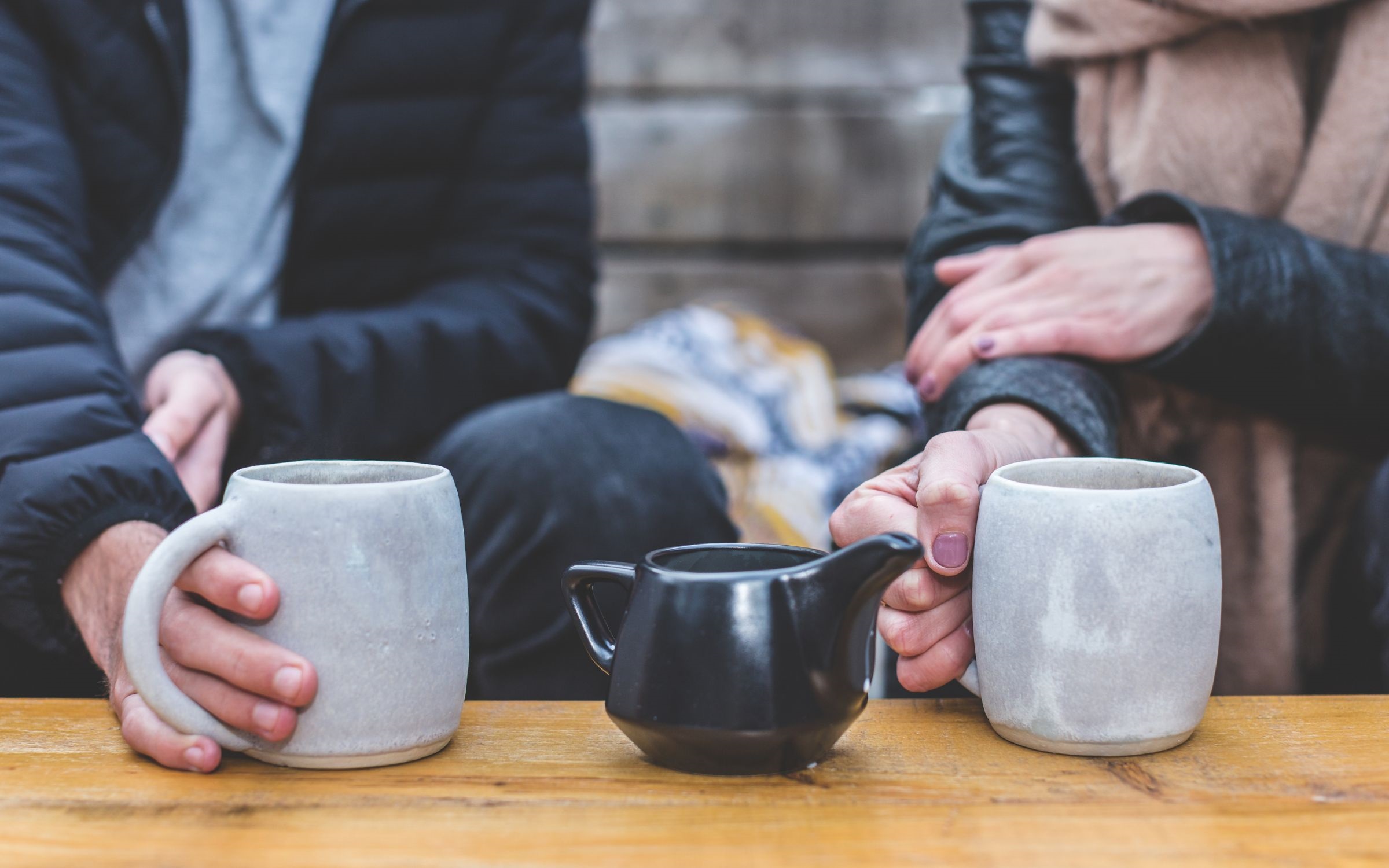If you’re worried someone you know is in an abusive relationship, follow our advice.
Worried about
someone?
Reach out
You do not need to be an expert to support someone experiencing abuse.
Being a trusted person they can talk to, someone that makes them feel supported, believed and encouraged, can help them to feel stronger and more able to make decisions and get professional help.
Follow our advice on what you can do and remember we are here to support them, and you.
Call our helpline for advice
We are here to give you non-emergency advice on how best to support the person you’re worried about.
Call our helpline
0800 917 9948
Monday, Tuesday, Wednesday 09:30–11:30am, 12:30–2:30pm, Thursday and Friday 09:30–11:30am (except bank holidays)
It’s free, confidential and your call will not show up on itemised phone bills
Email us
You can also email us at helpline@oasisdaservice.org.
We will get back to you as soon as we can.

How to tell if someone might be experiencing abuse
Warning signs of abuse are not always physical or visible. Changes in behaviour can be an indication that something isn’t ok, however subtle, and may include:
- Being quiet, reserved and distant
- Being depressed, anxious or distracted
- Having lower confidence or self-esteem
- Receiving or making repeated calls or texts when they aren’t with their partner or family
- Having someone else who appears to make all the decisions for them
- Not being as social as they used to be, cancelling plans or not contacting their friends
- Takes the blame for any problem in their relationship
- Changes in their appearance either to hide injuries like wearing long sleeves or more make-up or to meet the abusive person’s expectations
- Excessively ‘clock-watching’ or being anxious about getting home on time
- Beginning to isolate themselves

How to support someone experiencing abuse
Remember – you might be the first person they turn to, or they may not realise they are experiencing abuse.
Create a safe, private space
To check in to see if everything is ok. If they’re not ready to talk, be patient – it can take time.
Use supportive language and questioning
“Is everything OK?” and “I’m worried about you because…” Tell them “I’m here if you want to talk”
Listen to them and believe what they say
Be patient and don’t judge or get frustrated if they feel unable to leave, thank them for sharing.
Acknowledge their situation
Confirm that they do not deserve to be treated that way and reassure them that it’s not their fault.
Support them, whether they decide to stay or leave
Let them know that they are not alone. They need to make the decision.
Pass on information about support services available
Provide them with our helpline number 0800 917 9948
Offer to visit a One Stop Shop drop-in centre together
Practical help, such as babysitting while they go to an appointment, can be a big help and gives them back some control.
Ask what they need from you to help them
Don’t pressure them if they’re not ready. Knowing they can trust and turn to you is important.
Look after yourself
Do not put yourself in a dangerous situation.
What to remember when supporting someone
The person experiencing abuse may feel scared, isolated, ashamed, and intimidated.
They may be worried about the impact on their children, be financially insecure, have low self-esteem, and could still be in love with the abusive person. They may have reached out to someone before and not been believed.
It can take someone on average seven attempts to leave an abusive situation. It’s not easy and the highest risk is when someone attempts to leave.
The best thing you can do is to approach the situation kindly, gently and patiently.
Your safety is important too – don’t do anything that will put your own safety at risk.
The person experiencing the abuse needs to refer themselves for help or be referred by a professional service. It is not possible to make a referral on their behalf. Our helpline is open for you to get advice, and for the person you are concerned about to refer themselves.
Call us on 0800 917 9948.

``Other people were standing by me, waiting for me to be ready. Nobody could have pushed me into asking for help any faster than I did. If you suspect that someone you know is suffering abuse, be ready to give them support when the time is right``
Paul
Related content
Understand what domestic abuse is, how to spot the signs and what makes a healthy relationship.
The answers to frequently asked questions and misconceptions about domestic abuse.




